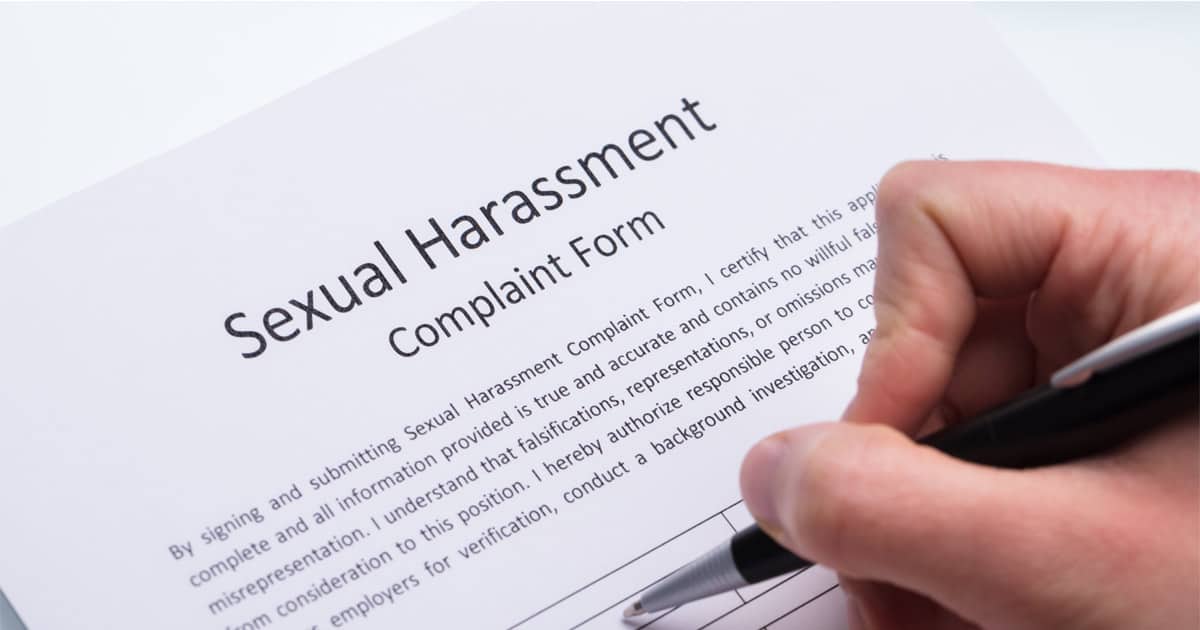With the advancements in the employment sector, one would think that sexual harassment does not exist anymore. Unfortunately, for hundreds of thousands of Americans, it is still a real and prevalent problem that they have to deal with daily. If this is something you experience, you may be stressed and wondering if there is something you can do.
The good news is that the law is still on your side. Las Vegas has certain laws that protect an employee from being sexually harassed at their workplace. You are protected by the Fair Employment and Housing Act (FEHA). A Las Vegas sexual harassment attorney can help you understand how you can exercise your rights.
How do I know for sure that I have a claim?
Generally, there are three types of sexual harassment cases: unwanted sexual advances, hostile work environment, and retaliation.
- Unwanted sexual advances are when someone at work asks you for sexual favors in exchange for something, such as a promotion.
- A hostile work environment is formed when someone touches you inappropriately, sends you unwanted pictures, etc.
- Retaliation is when your employer threatens you or makes you feel left out because of filing a complaint.
If any one or more of these situations apply to you, you may be eligible to file a claim.
How should I report sexual harassment?
There are a few things you can do to report sexual harassment.
- Talk to the harasser.
One of the first things you should do if the situation allows it, is talk to the harasser. In some cases, the harasser does not even realize that they are being disrespectful. They may be flirting with you or trying to ask you out on a date. Regardless, simply list the things you did not like and want them to stop doing.
- Complain to the supervisors.
If confronting the harasser does not work, you can file a complaint to the supervisors. You can ask for help from one of your close colleagues if you need assistance. You can report the incident/s to your company’s human resources department. This will allow the company a chance to investigate the matter and stop it.
- Document your claims.
It is very important that you report your problem, but you should not completely rely on the company to find evidence. You should try to document as much proof of incidents of harassment as possible. This may include saving screenshots of their text messages, pictures they may have sent you, CCTV footage of the workplace, etc.
- Complain to government agencies.
If your company does not do much to improve the situation, you can file a complaint at a federal agency or a state fair employment office. If that does not work as well, your attorney can help you with a lawsuit.

